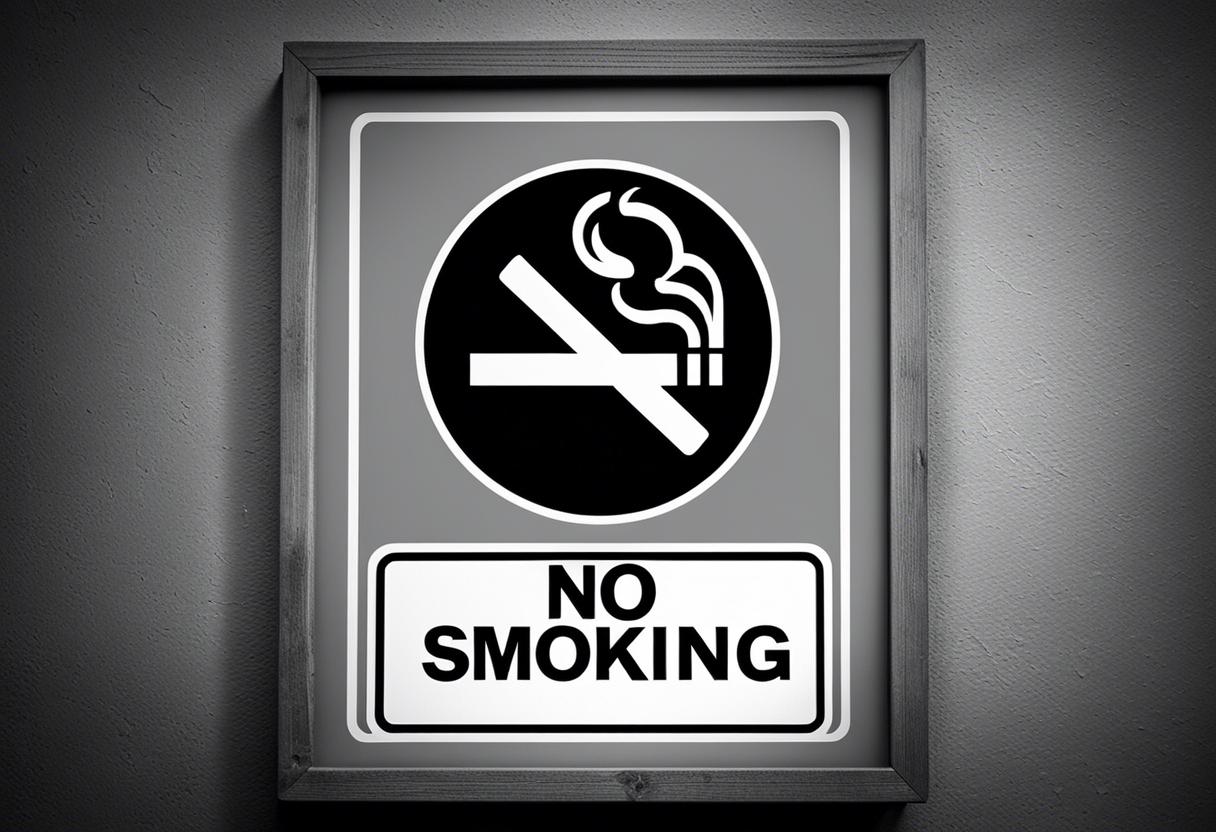The number of smokers in the State has dropped by 800,000 since the ban on indoor smoking was implemented two decades ago. Despite this, there are worries about a minor upward trend in smoking rate, reports the Health Service Executive (HSE).
This initiative was first launched in Ireland on the 29th of March, 2004, making it the first country globally to prohibit smoking in all workplaces, pubs, and restaurants. Since then, the movement has gained momentum with 74 other nations adopting this regulation over the last 20 years. Consequently, the rate of smokers in Ireland has seen a decline from 27% in 2004 to 18% in 2023.
Micheál Martin, the Tánaiste who served as the health minister when the prohibition was introduced, spoke in anticipation of the 20th anniversary. He marked the beginning of the ban as a high point in his political journey that he nostalgically remembers.
Martin recalls that although the proposal faced severe backlash initially, its positive influence on Ireland’s public health is evident. He claimed that within the past 20 years, a substantial decline has been seen in the number of smokers, particularly amongst children. Since 2004, hundreds of thousands of individuals have quit smoking, he added.
However, the Tánaiste voiced concerns about the alarming new issues presented by vaping. Stephen Donnelly, the current Health Minister, shared that implementing the ban on vape sales to those below 18 years of age had an immediate effect when it came into effect at the end of 2023. He stated that new regulations are being enforced surrounding the advertisement of vapes or similar products in areas such as cinemas showing children’s movies, on public transport and other locations.
Moreover, under-18s will be used in carrying out tests in shops to establish the ban’s effectiveness, working alongside the HSE enforcement team. Donnelly warned that if vapes were sold to minors during these tests, prosecutions would follow.
The results of a public enquiry into issues surrounding vapes and cigarettes have now been compiled, revealed our source. This consultation examined possible tax implications for vaping, a proposed ban on disposable e-cigarettes and potentially bringing the smoking prohibition into play in outdoor areas of pubs, cafes, and eateries.
The notable resurgence of cigarettes in films as well as France’s latest initiative in banning disposable vapes in an anti-smoking endeavour were also mentioned.
Our source advocated for a rise in the legal smoking age from 18 to 21. “This decision is primarily directed towards individuals who are 15, 16 or 17 years old. With the current legal limit being 18, it isn’t particularly challenging for them to procure cigarettes, either personally or through older companions or siblings. However, raising the age bar to 21 will significantly curb this ease,” he explained.
Martina Blake, the point person for the HSE Health and Wellbeing – Tobacco-Free Ireland initiative, conveyed that there had been a remarkable decline in smoking instances in Ireland over the past two decades. However, she voiced her concern regarding the recent stall and minor uptick in tobacco usage during the pandemic, suggesting novel and constructive strategies may be necessitated to achieve the government’s vision of an Ireland free of tobacco.

